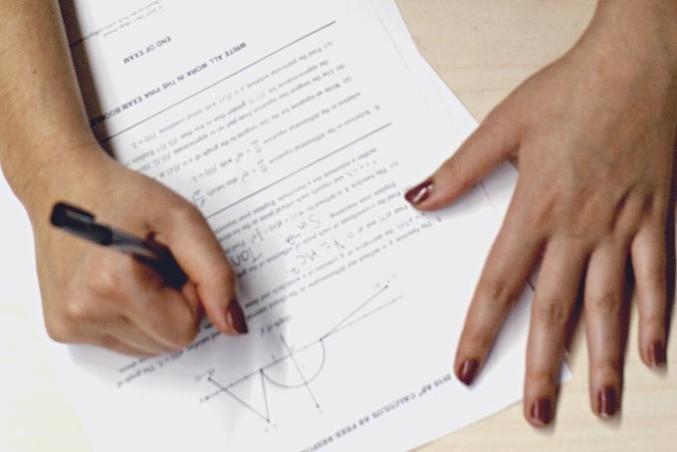By Daniel Rocchi
Ryerson did not share its information on academic misconduct in a recent CBC survey that studied cheating at Canadian universities.
According to Christopher Evans, Ryerson’s vice-provost academic,the university withheld its academic misconduct data from the CBC based on unofficial protocol.
“Ryerson actually does not have a policy to not release this kind of data, but it is a practice that was instituted by a former provost several years ago,” Evans told The Eyeopener. “We do collect the data on academic misconduct activities,but we don’t make it public.”
The CBC recently published the results of its survey of 54 universities across Canada, in which schools were asked to submit the number of cases of academic mis-conduct that went through a formal discipline process during the2011–12 term.
Some institutions revealed their count of formal cases as well as the percentage of cases by type of mis-conduct. This includes plagiarism and having others write exams and the form of discipline administered, like grade reductions and expulsions.
Evans made the decision after consulting various members of Ryerson’s senate and academic administration including the provost, the secretary of senate and the directo rof the academic integrity office. But he isn’t entirely sure why the protocol is in place to begin with.
“It may seem a bit odd, but our former provost made the decision to create this practice and it pre-dates my being at this job,” Evans said. “I don’t know what his thoughts were in keeping discrete about the data, but that’s the deci-sion that was made prior to 2010 and we’ve just been continuing with that practice.”
Evans’s predecessor is Alan Shepard, now president and vice-chancellor of Concordia University.
Shepard could not be reached for comment.
Concordia participated in the CBC survey, reporting 256 cases of academic misconduct. Lisa Taylor, a journalism instructor at Ryerson who specializes in law and ethics, spoke to The Eyeopener about Ryerson’s stance on releasing the data.
“It concerns me and it disappoints me,” Taylor said. “I don’t think any issue that we face in any public institution is improved by failing to discuss it.”
The lack of official policy regard-ing the publication of academic misconduct data will be addressed in Ryerson’s current review of its student code of academic conduct,also known as policy 60.
“The [review] committee will,at some point, come to a decision and make a recommendation to the senate about the desirability, or not, of publicizing information,” Evans said. That decision will de-pend on opinions from across cam-pus.
“I’d like to see the results re-leased so that we can see how we measure up compared to every-one else,” said Gabrielle Poirier, afirst-year politics and governancestudent. “If there is an issue, then everyone should know about it.”
Policy 60 was originally approved in March 2003 and most recently received minor amendments in June 2013.
According to Evans, it’s over due for a review as extensive as the one it is currently undergoing.
Related










Leave a Reply